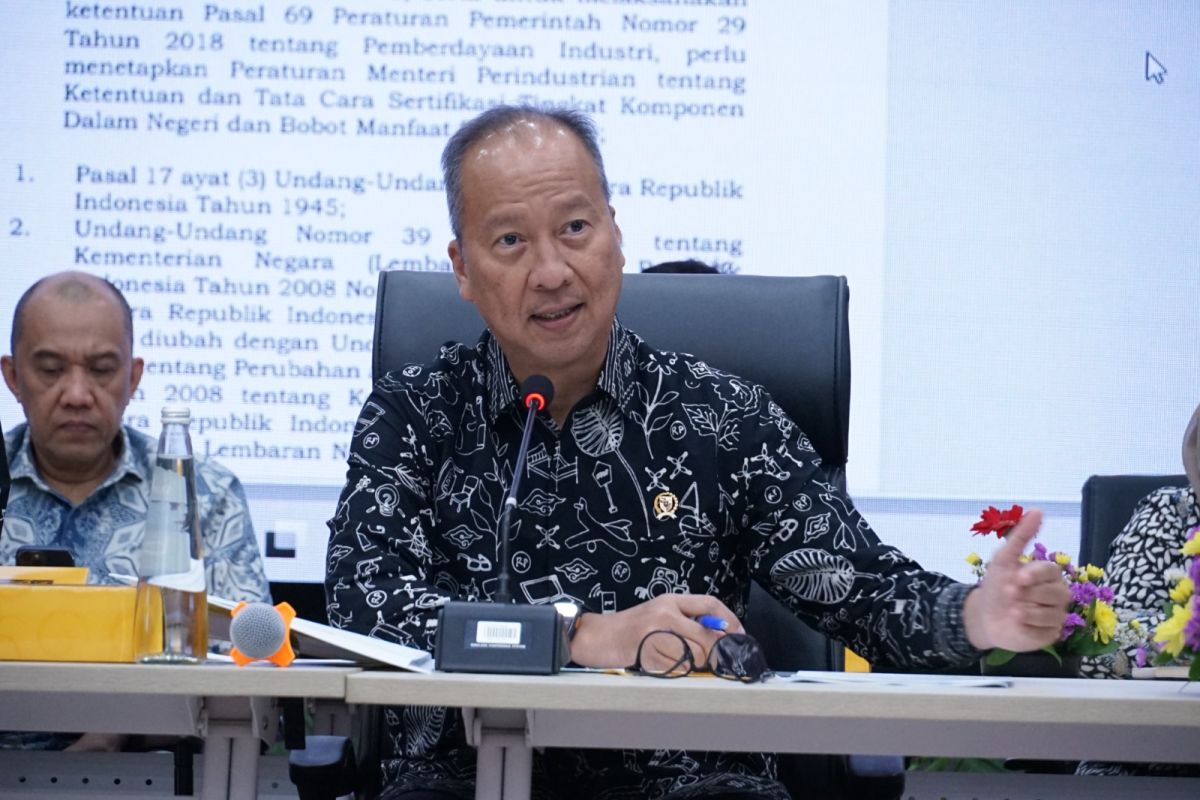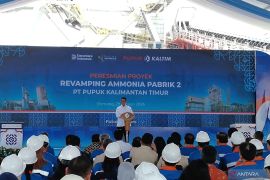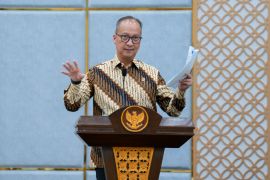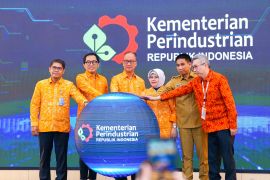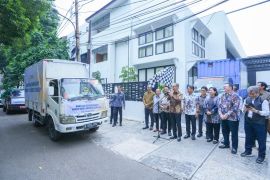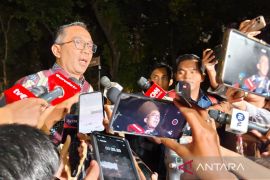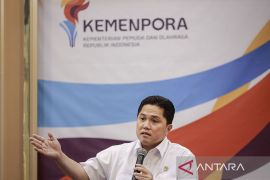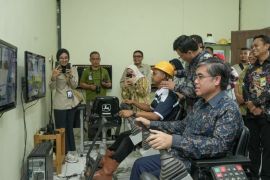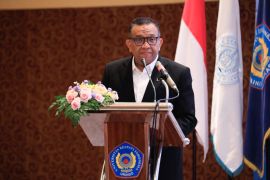“Recent data show that foreign investment is moving more decisively into manufacturing industries such as metals, chemicals, machinery, and electronics. This proves that President Prabowo’s industrialization policies are on the right track and are attracting greater interest from global investors to invest in Indonesia’s manufacturing sector,” he said in a statement in Jakarta on Wednesday.
According to research by BRI Danareksa Sekuritas, the role of the manufacturing sector in the Indonesian economy has strengthened during President Prabowo Subianto’s first year in office.
The study found that the share of FDI going into the secondary sector has risen significantly, from 35.3 percent in 2018 to 59.6 percent in the January–September 2025 period.
This increase aligns with the maturing industrial ecosystem in Indonesia, indicating that value-added activities are no longer centered on raw material extraction but are shifting toward processing within industrial clusters across various regions.
The minister said this strategic development signals broader and more equitable distribution of economic growth centers across the country.
“We are seeing accelerated industrialization in Sulawesi, Maluku, Kalimantan, and other regions. The government is committed to maintaining this positive momentum to ensure more balanced development,” he said.
According to the BRI Danareksa Sekuritas research, every Rp1 trillion in FDI invested outside Java generates roughly Rp1.76 trillion in Gross Fixed Capital Formation (PMTB). By contrast, the same amount of FDI in Java produces only about Rp140 billion in additional PMTB.
“This is a very large multiplier effect for the national economy, especially for regions outside Java,” Agus said.
The report also notes that FDI outside Java produces a greater multiplier effect on PMTB compared to other regions, due to higher capital needs and the rapid development of new industrial clusters in those areas.
Agus reaffirmed that the government will continue strengthening investor confidence by maintaining a conducive business climate.
“We understand that corporations are still waiting for clearer demand visibility. That is why the ministry is preparing various industrial incentives and facilitation measures to support renewed investment expansion in the coming quarters,” he said.
With stronger FDI flows into manufacturing and the continued growth of industrial hubs outside Java, the minister emphasized that the government will maintain policies that support a healthy and competitive investment environment.
Related news: Indonesia pushes agricultural industrialization to tackle income trap
“We remain committed to ensuring Indonesia stays a top destination for manufacturing investment in Asia. Industrial transformation, workforce quality enhancement, and the development of high–value-added industries will remain government priorities to reinforce the upstream–intermediate–downstream industrial ecosystem,” he said.
Meanwhile, BRI Danareksa Sekuritas Chief Economist and Head of Fixed Income Research Helmy Kristanto said the strong presence of the manufacturing sector will support improvements in welfare and its more even distribution. He noted that FDI in manufacturing creates a powerful multiplier effect outside Java.
“Regionally, FDI outside Java generates far greater PMTB, reflecting deeper capital needs in those areas and underscoring the role of foreign investment in supporting more geographically balanced growth,” he said.
Helmy added that several key factors must be monitored to sustain investment momentum, including the capital expenditure cycle, industrial capacity utilization rates, and minimum wage growth.
Related news: Ministry partners with Chinese universities to speed up downstreaming
Translator: Ahmad, Azis Kurmala
Editor: Rahmad Nasution
Copyright © ANTARA 2025
